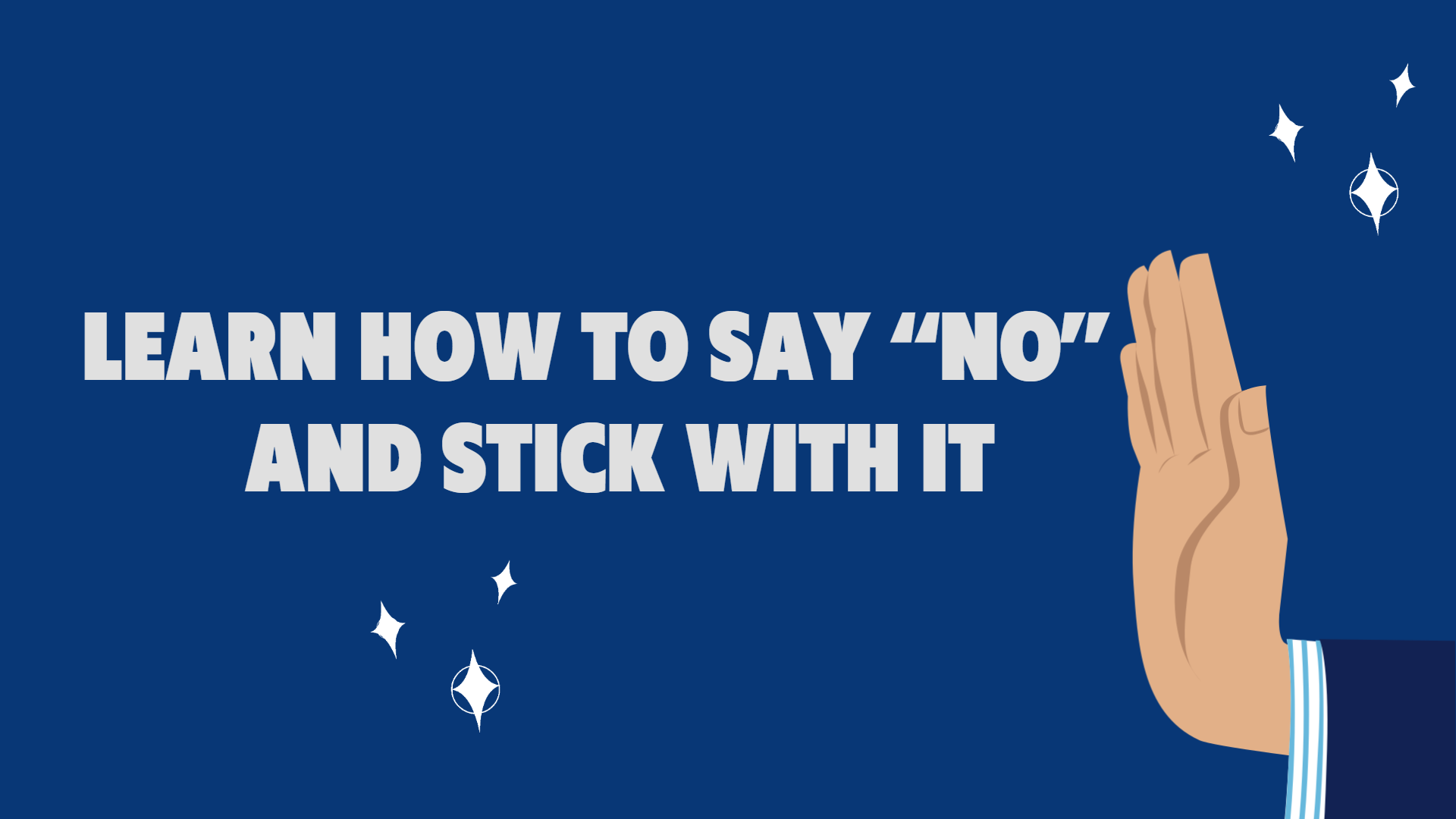Are you a first-time home buyer in Southern California and feeling overwhelmed by the negotiations required to buy your dream house? From knowing which questions to ask a seller before submitting an offer to being aware of all legal ramifications, this blog offers invaluable information that can help any prospective owner successfully negotiate for their perfect property. This is essential as space is limited and prices are high, so don’t miss out on a chance to get the best value for your investment.
Identify Your Negotiating Goals and Be Prepared to Make Concessions
Negotiation can be daunting, but it doesn’t have to be. Identifying your negotiating goals is an important first step in achieving success. Knowing exactly what you want from a negotiation, whether a business deal or a personal matter, can help you stay focused and on track.
However, it’s important to also be prepared to make concessions. You’ll unlikely get everything you want without giving a little in return. Remembering this can help you approach negotiations with a level head and an open mind. So go forth, identify your goals, and be ready to make concessions when the time comes.

Research the Market and Know the Property Value
If you’re looking to buy or sell a property, it’s important to research the market and understand the property’s value. Navigating the real estate market alone can be challenging, but by doing your homework, you can make informed decisions.
You can uncover hidden property values by researching the current market trends and comparing similar properties. Knowing the value of a property can also give you an edge in negotiations and ensure that you’re not overpaying or underselling. So take the time to do your research – It will pay off in the long run.
Start Low – Leave Room for Negotiations
Are you looking to make a deal but unsure how to begin negotiating? The key is to start low, always leaving room for negotiation. By starting with a lower offer, you allow the other party to counter with their own offer, which can sometimes result in a better deal for both of you.
However, you also need to be careful not to lowball too much, as it can come across as disrespectful and potentially ruin the negotiation. Remember, negotiations are all about finding a mutually beneficial outcome, so don’t be afraid to compromise and reach a fair agreement.
Take Time to Think About Any Counter Offers or Compromises
When it comes to negotiating, taking time to think about any counteroffers or compromises is crucial. Rushing into a decision without carefully considering all options could result in missed opportunities and regret down the road.
Take the time to analyze the counteroffer and weigh the pros and cons before making a final decision. Remember, negotiating is a skill that can be improved with practice and patience. So, take your time, think it through, and don’t hesitate to ask for what you want.
Remain Professional at All Times During Negotiations
When it comes to negotiations, it’s important to always remember to maintain a sense of professionalism. No matter the circumstances or the individual you’re dealing with, keeping your cool and staying focused on the end goal should always be a priority. The last thing you want is to let your emotions get the best of you and make a decision you’ll regret later on.
In staying professional, you’ll not only come off as more trustworthy and reliable, but you’ll also likely achieve a more successful outcome in the end.

Learn How to Say “No” and Stick with It
Are you a people-pleaser? Do you find it difficult to say “no” to those who ask for your time or resources? It’s a common problem, but it’s important to remember that it’s okay to prioritize yourself and your well-being.
Saying “no” can be empowering and can allow you to better focus on your own goals and desires. However, sticking with your decision can be tough. Just remember to be firm but polite, and don’t give in to guilt trips or manipulations. Learning how to say “no” and sticking with it takes practice, but it’s worth it for your own peace of mind.
Conclusion
Negotiating with sellers when buying your first home does not have to be difficult. By setting specific negotiating goals and conducting your own market research, you will be better prepared. You should always start low and be open to compromise. Also remember it is important to know how to say no and stick with it if needed.
Keeping a professional attitude throughout your negotiations can make the whole experience much smoother. Plus, it will help you achieve the best outcome in the end. No matter what happens, hopefully, this blog post has helped you develop a strategy for successful negotiations.


 Facebook
Facebook
 X
X
 Pinterest
Pinterest
 Copy Link
Copy Link
